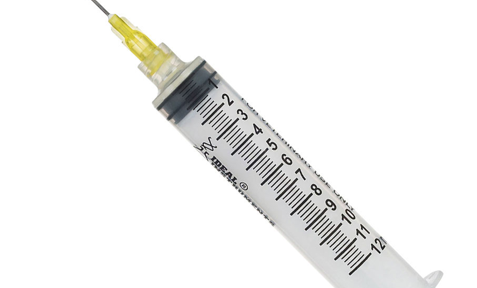Studies show that a hug each day contributes to a healthy life.
For Ruth Adams and Charles Brisco, of California, there is no question that being intimate with one another plays an important role in their relationship.
Both in previous marriages for more than 20 years, their second chance at love has taught them that showing affection through a hug or a kiss can be the key to staying healthy and living a long life.
“Both Charles and myself were in very stressful marriages with our ex-spouses. For us this relationship is very important because we talk a lot, but more importantly we listen to each other,” said Ruth, 49, who’s been with Charles, 55, for a year and a half.
Classic signs of stress–a rapid heart rate, high blood pressure, and cardiovascular disease–occur because of increased daily stressors, whether work-related or issues within the relationship.
“My ex-husband and I had gotten to the point where we just didn’t talk. I would become nauseated and develop a headache at the thought of us fighting again. That’s how extreme it got between us,” Ruth said.
A study conducted by the School of Medicine at the University of Carolina-Chapel Hill, found that couples who hugged for at least 10 minutes each day reduced their heart rate and blood pressure while helping to increase levels of oxytocin, a relaxing hormone secreted from the brain usually during labor and orgasms.
“I call it the ‘cuddle’ hormone. It’s released during bonding and creates feelings of well-being for a person. If there is a lot of conflict in a relationship it’s hard to receive this hormone,” says psychologist Elizabeth Sloan, founder of Caring Couples, a marriage and family counseling service based out of Washington DC.
The data is very consistent in showing that “over time a romantic relationship helps to decrease health issues caused by stress and increase longevity,” says Sloan.
In an exercise, researchers asked two groups of married and cohabiting couples to sit close to one another touching and talking for 10 minutes, then share a long hug. Results showed that the exercise significantly lowered the participants’ blood pressure and heart rate while increasing their oxytocin level.
Couples who talk about their problems to one another reduce the negative impact that stress brings on the body, says psychotherapist Jeffery Frank, of District Therapy in Washington DC.
The typical age for couples that are seeking counseling are most commonly in their mid-30s, according to Sloan and Frank.
“At this age couples are more secure and clear on what’s supporting their relationship and what they need from their spouse. As you age, it’s more critical that you take care of your body because it’s more fragile,” Frank said.
When counseling a couple, he continued, “I assume that couples already have an awareness to the things that cause stress. With that in mind, I try to focus on the things internally that couples unconsciously don’t realize may be causing problems.”






